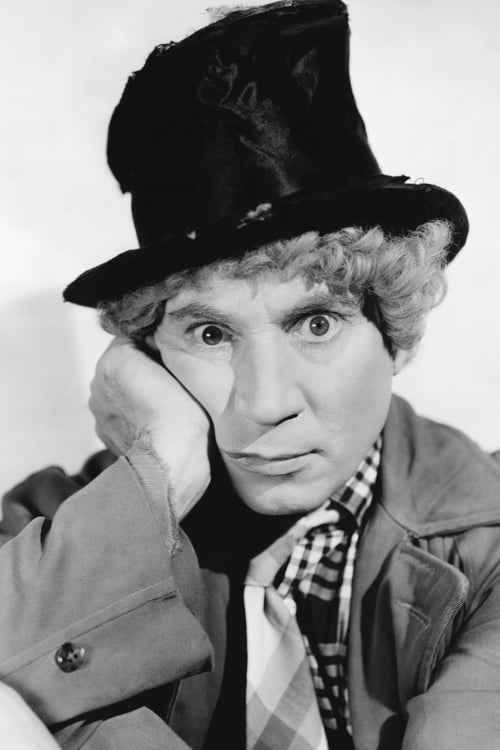Harpo Marx
出生 : 1888-11-23, New York City, New York, USA
死亡 : 1964-09-28
略歴
Arthur Adolph "Harpo" Marx (November 23, 1888 – September 28, 1964) was an American comedian and film star. He was the second oldest of the Marx Brothers. His comic style was influenced by clown and pantomime traditions. He wore a curly reddish wig, and never spoke during performances (he blew a horn or whistled to communicate). Marx frequently used props such as a walking stick with a built-in bulb horn, and he played the harp in most of his films.
Description above from the Wikipedia article Harpo Marx, licensed under CC-BY-SA, full list of contributors on Wikipedia.

Self (archive footage)
Documentary - Take an in-depth look at the personal lives and careers of the famous Marx Brothers: Groucho, Harpo, Chico, Zeppo and Gummo. Pioneers on the American comedy scene, the brothers' comedic timing, wit and style are unmatched to this day. Fans will delight in this broad collection of Marx memorabilia, including favorites such as "Animal Crackers," "Monkey Business," "Duck Soup" and "A Night at the Opera," as well as interviews and rare footage. - Chico Marx, Groucho Marx, Harpo Marx

Self (archive footage)
Join all you favorites--Spanky, Buckwheat, Alfalfa, Darla, Butch, Froggy and more--in a jam-packed special covering more than twenty years and 200 episodes of Hal Roach's inimitable brand of childhood magic. This fascinating video offers insight into the Gang's personal lives, as rare footage follows each member's career through the joys and misfortunes that went along with being one of America's most beloved kids. See how the series began in 1922 and changed after the first all-talking release in 1929, why Shirley Temple and Mickey Rooney never made the Gang, a fifteenth anniversary reunion, and clips from their only feature.

Self (archive footage)
A tribute to the lives and careers of the Marx Brothers utilizing rare archival footage and personal interviews.
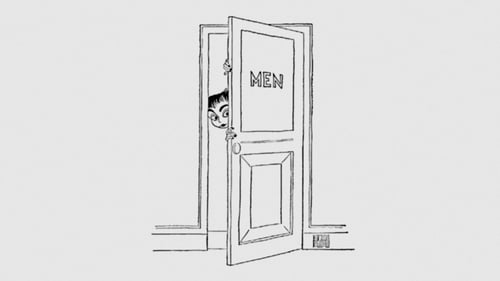
Himself (archive footage)
The story of the legendary wits who lunched daily at the Algonquin Hotel in New York City during the 1920s. The core of the so-called Round Table group included short story and poetry writer Dorothy Parker; comic actor and writer Robert Benchley; The New Yorker founder Harold Ross; columnist and social reformer Heywood Broun; critic Alexander Woollcott; and playwrights George S. Kaufman, Marc Connelly, Edna Ferber and Robert Sherwood.

(archive footage)
Robert Preston hosts this documentary that shows what people of the 1930s were watching as they were battling the Depression as well as eventually getting ready for another World War.

Himself (archive footage)
Out-takes (mostly from Warner Bros.), promotional shorts, movie premieres, public service pleas, wardrobe tests, documentary material, and archival footage make up this star-studded voyeuristic look at the Golden age of Hollywood during the 30s, 40, and 50.

Archive Footage
While a few Hollywood celebrities such as James Stewart and Clark Gable saw combat during World War II, the majority used their talents to rally the American public through bond sales, morale-boosting USO tours, patriotic war dramas and escapist film fare. Comedian David Steinberg plays host for this star-studded, 90-minute documentary, which looks at the way Tinseltown helped the United States' war effort.

(archive footage)
A fascinating look at the most beloved comedy team in motion picture history. Exclusive interviews with those closest to the brothers supplement this collection of highlights from their film, theater, and television appearances and offer a compelling look at their lives both on and off-screen.

Self (archive footage)
A collection of bloopers and outtakes from an enormous selection of Hollywood classic productions spanning from the 1930s through the 1980s.

(archive footage)
Gene Kelly and Fred Astaire present more golden moments from the MGM film library, this time including comedy and drama as well as classic musical numbers.
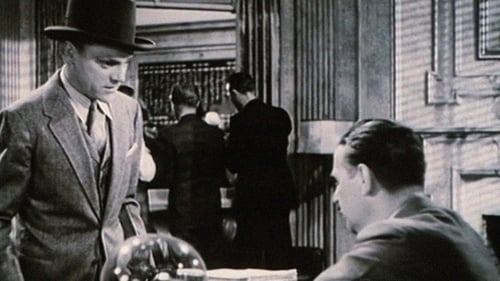
Self (archive footage)
Period music, film clips and newsreel footage combined into a visual exploration of the American entertainment industry during the Great Depression.
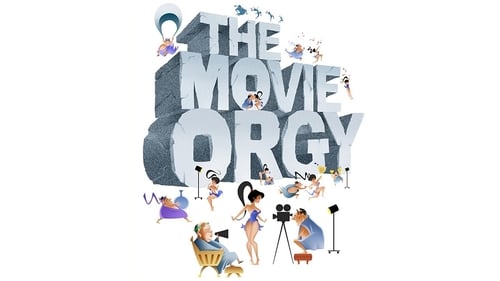
Self (archival footage)
Clips from assorted television programs, B-movies, commercials, music performances, newsreels, bloopers, satirical short films and promotional and government films of the 1950s and 1960s are intercut together to tell a single story of various creatures and societal ills attacking American cities.
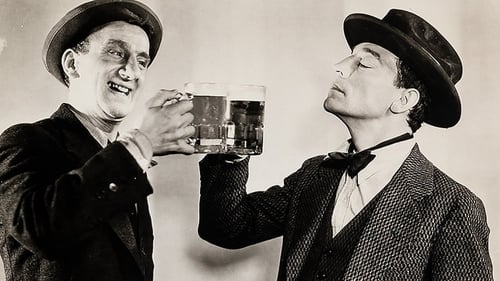
(archive footage)
Film clips highlight the funniest scenes and brightest comic stars in MGM's history.

Self
A collection of behind the scenes and home movies from the golden age of Hollywood.

Promotional movie for the Ford Motor Company. The movie is considered lost.

Nick
Jewel thieves Chico and Harpo Marx disguised as Groucho plan the perfect crime. Groucho appears as himself at the end in a police line up.

Sir Isaac Newton
The devil and the spirit of mankind argue as to whether or not humanity is ultimately good or evil.

Story
The Marx Brothers help young Broadway hopefuls when they get mixed up with gangsters due to a tin of sardines containing Romanoff diamonds.

Harpo
The Marx Brothers help young Broadway hopefuls when they get mixed up with gangsters due to a tin of sardines containing Romanoff diamonds.
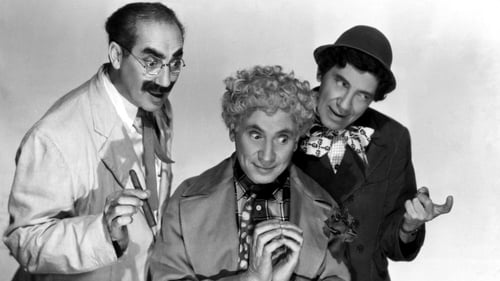
Rusty
The Marx Brothers are employed at a hotel in postwar Casablanca, where a ring of Nazis is trying to recover a cache of stolen treasure.
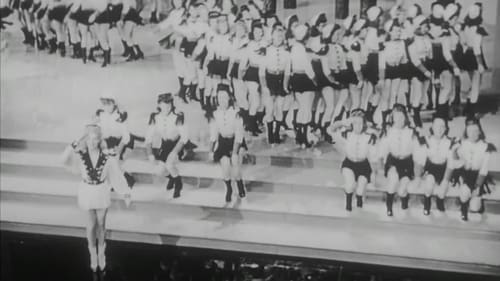
Self
Inspirational documentary short film featuring Hollywood stars promoting the sales of War Bonds through songs and skits.
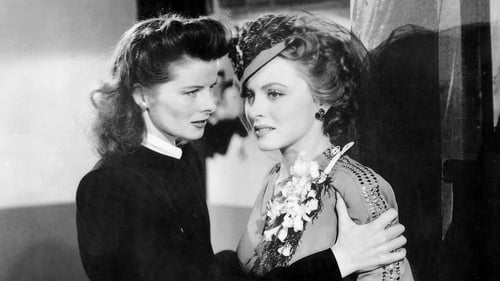
Harpo Marx
A young soldier on a pass in New York City visits the famed Stage Door Canteen, where famous stars of the theater and films appear and host a recreational center for servicemen during the war. The soldier meets a pretty young hostess and they enjoy the many entertainers and a growing romance
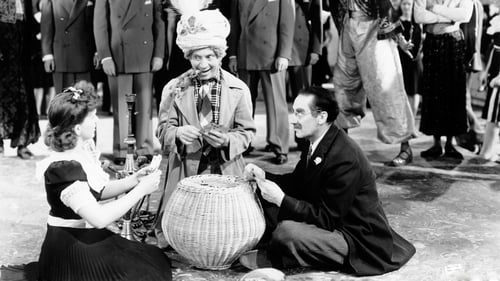
Wacky
A detective is hired to protect the life of a singer, who has recently inherited a department store, from the store's crooked manager.
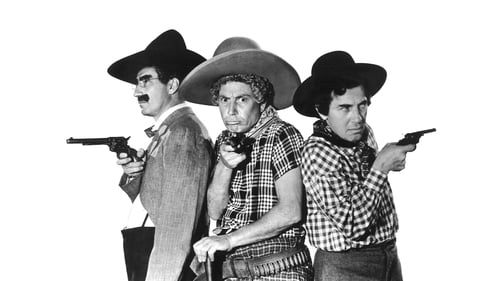
'Rusty' Panello
Embezzler, shill, all around confidence man S. Quentin Quale is heading west to find his fortune; he meets the crafty but simple brothers Joseph and Rusty Panello in a train station, where they steal all his money. They're heading west, too, because they've heard you can just pick the gold off the ground. Once there, they befriend an old miner named Dan Wilson whose property, Dead Man's Gulch, has no gold. They loan him their last ten dollars so he can go start life anew, and for collateral, he gives them the deed to the Gulch. Unbeknownst to Wilson, the son of his longtime rival, Terry Turner (who's also in love with his daughter, Eva), has contacted the railroad to arrange for them to build through the land, making the old man rich and hopefully resolving the feud. But the evil Red Baxter, owner of a saloon, tricks the boys out of the deed, and it's up to them - as well as Quale, who naturally finds his way out west anyway - to save the day.

Self
This short documentary, presented and directed by MGM sound engineer Douglas Shearer, goes behind the scenes to look at how the sound portion of a talking picture is created.
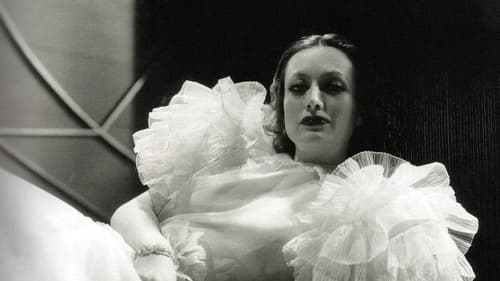
Self
This short promotes the premise that movies often create a demand for the fashions seen in them. It starts with a vignette in rural America. A mother and daughter go to town to buy a new dress. In the dress shop window is a designer dress worn by Joan Crawford in a recent movie. We then go to Hollywood and visit Adrian, MGM's chief of costume design, and see how multiple copies of a single clothing pattern are produced. The film ends with short segments of several MGM features.
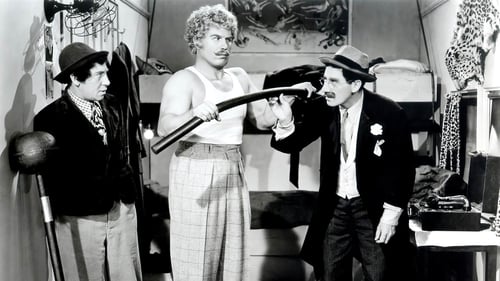
'Punchy'
Jeff Wilson, the owner of a small circus, owes his partner Carter $10,000. Before Jeff can pay, Carter lets his accomplices steal the money, so he can take over the circus. Antonio Pirelli and Punchy, who work at the circus, together with lawyer Loophole try to find the thief and get the money back.

Self
An MGM short showing how materials are shipped by boat 'From the Ends of the Earth' to Hollywood. Featuring footage from the MGM films being made at the time. Such as The Women, Thunder Afloat, Siren of the Tropics, Ninotchka, Northwest Passage, and At the Circus.

Faker Englund
Broke Gordon Miller tries to land a backer for his new play while he has to deal with with the hotel manager trying to evict him and his cast.
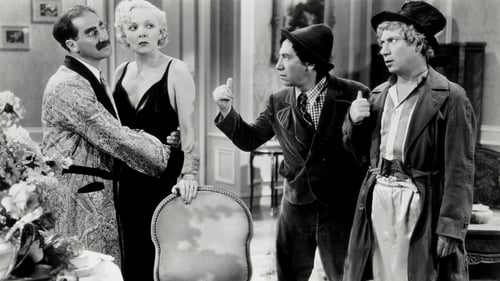
Stuffy
Doctor Hugo Hackenbush, Tony, and Stuffy try and save Judy's farm by winning a big race with her horse. There are a few problems. Hackenbush runs a high priced clinic for the wealthy who don't know he has his degree in Veterinary Medicine.

Himself
La Fiesta de Santa Barbara is a 1935 American comedy short film directed by Louis Lewyn. It was nominated for an Academy Award at the 9th Academy Awards in 1936 for Best Short Subject (Color). It features a young, pre-stardom 13-year-old Judy Garland singing "La Cucaracha" with her two sisters (billed as "The Garland Sisters"). In the film, Hollywood stars participate in a Mexican-themed revue and festival in Santa Barbara. Andy Devine, the "World's Greatest Matador," engages in a bullfight with a dubious bovine supplied by Buster Keaton, and musical numbers are provided by Joe Morrison and The Garland Sisters. Comedy bits and dance numbers are also featured.
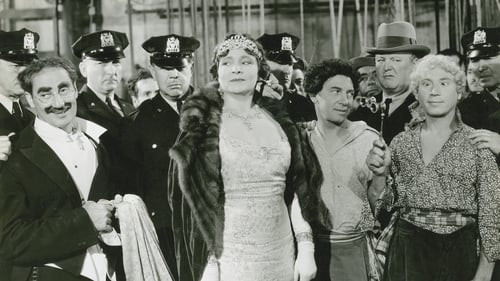
Tomasso
The Marx Brothers take on high society and the opera world to bring two lovers together. A sly business manager and two wacky friends of two opera singers help them achieve success while humiliating their stuffy and snobbish enemies.
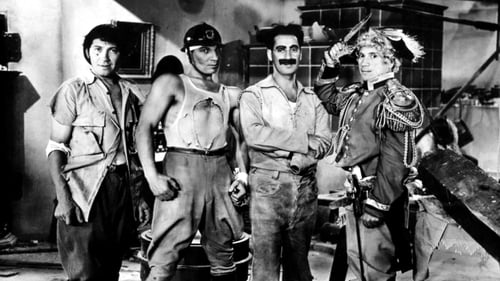
Pinky
財政難のフリードニア共和国は、富豪夫人の援助を受けるため、彼女の愛人を宰相に就任させる。それを機に、隣国がフリードニアの乗っ取りを企んでスパイを送り込むが……。マルクス4兄弟のハチャメチャ・ナンセンス・コメディ。

Self
Short film made up of various clips showcasing the Cinecolor process, including a visit to a Marx Brothers film set.
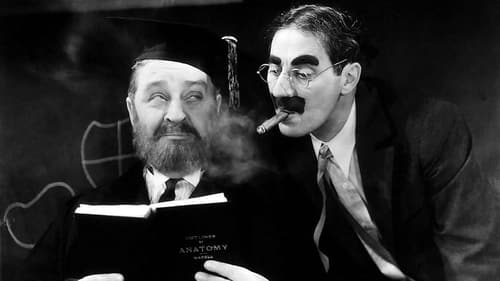
Pinky
Quincy Adams Wagstaff, the new president of Huxley U, hires bumblers Baravelli and Pinky to help his school win the big football game against rival Darwin U.

The Merchant of Wieners
In the office of Mr. Lee, a talent agent, Zeppo bursts through the door, proclaiming to be a great musical actor. He gives a terrible impression of Maurice Chevallier. Chico arrives, also proclaiming to be a great musical talent, and gives an even worse impression of the same musical act. This is followed by Groucho and finally Harpo, all adding to the growing confusion in the office.
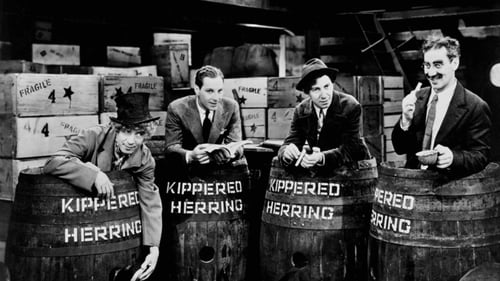
Harpo
Four stowaways get mixed up with gangsters while running riot on an ocean liner.

The Merchant of Wieners
The House That Shadows Built (1931) is a short feature, roughly 48 minutes long, from Paramount Pictures made to celebrate the 20th anniversary of the studio's founding in 1912. It was a promotional film for exhibitors and never had a regular theatrical release and includes a brief history of Paramount, interviews with various actors, and clips from upcoming projects (some of which never came to fruition). The title comes from a biography of Paramount founder Adolph Zukor, The House That Shadows Built (1928), by William Henry Irwin.
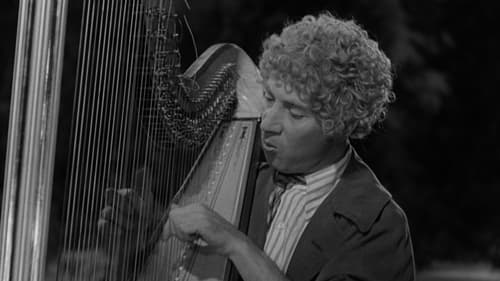
The Professor
The well-known explorer and hunter Captain Spaulding has just returned from Africa, and is being welcomed home with a lavish party at the estate of influential society matron Mrs. Rittenhouse when a valuable painting goes missing. The intrepid Captain Spaulding attempts to solve the crime with the help of his silly secretary Horatio Jamison, while sparring with the anarchic Signor Emanuel Ravelli and his nutty sidekick The Professor.
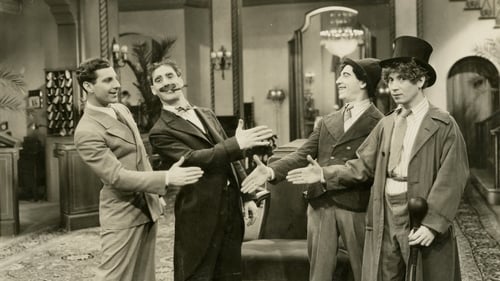
Red
During the Florida land boom, the Marx Brothers run a hotel, auction off some land and thwart a jewel robbery.

The Village Peter Pan
Wanting his son to get away from his many girlfriends and buckle down to work, the New York industrialist father of a playboy sends him to an obscure village in Spain to find samples of a rare mineral. When the son gets to Spain, he runs afoul of the local police chief - who has a secret that he tries to keep the young man from discovering.

Watson
Harpo played the hero, a detective named Watson who "made his entrance in a high hat, sliding down a coal chute into the basement". Groucho played an "old movie" villain, who "sported a long moustache and was clad in black", while Chico was probably his "chuckling [Italian] henchman". Zeppo portrayed a playboy who was the owner of a nightclub in which most of the action took place, including "a cabaret, [which allowed] the inclusion of a dance number". The final shot showed Groucho "in ball and chain, trudging slowly off into the gloaming". Harpo, in a rare moment of romantic glory, gets the girl in the end.
